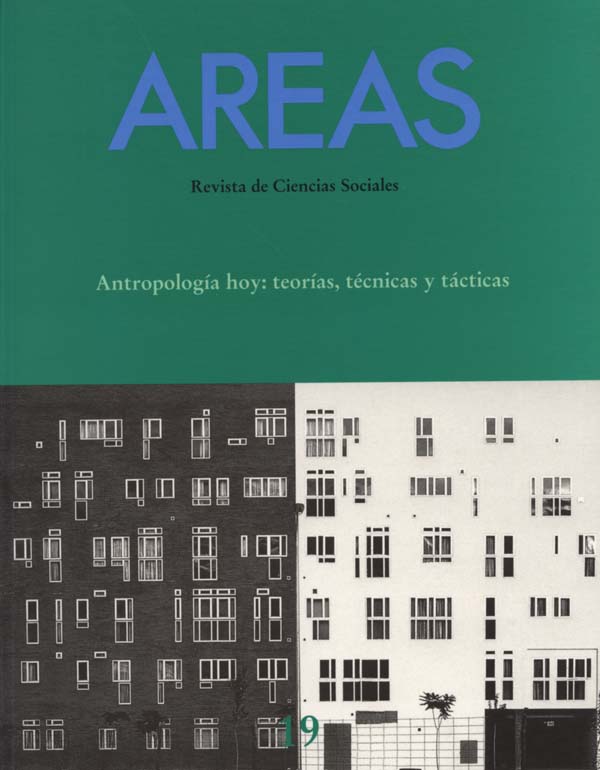"YOU GROW UP US IINDERSTAND YOU. ANDAS 1 UNDERSTAND YOU 1 ALSO GROW UP"". FATHERS WHOSE CHILDREN HAVE BECOME ADULTS: AN ESSAY ON THE ANTHROPOLOGY OF EDUCATION
Abstract
It is a cultural habit to think as if any household was made up of adults who give orders and children that just obey. It is usual to think that those children are subordinate to their adults in all concerning authority and knowledge; and that those adults are compelled to caring, nourishing and teaching their children. However I've been able to notice through my research that interaction is reciprocal. In any society, in any culture, there are two halves, two epistemologies: the adult's and the child's one; and all the two learn from each other. 25 years ago I did fieldwork in Vilatuxe, a little village in Galicia (Spain), and I could observe there some children playing, studying, imagining, loving and obeying. Now, in 1997, I've studied those children who have become adults. The title of this paper constitutes m y hypothesis; my aim is including the child's knowledge in the study of reproduction.
Downloads
-
Abstract352
-
PDF (Español (España))109
The published works by this Journal are subject to the following terms:
1. The Publication Service of the University of Murcia (the Editor) owns the copyright of its publications. It promotes and allows its use under the indicated licence in Section 2.
© Servicio de Publicaciones, Universidad de Murcia, 2011
2. Papers are digitally published under the licence Creative Commons Reconocimiento-NoComercial-SinObraDerivada 3.0 España (legal text). They can be copied, used, disseminated, transferred and publically presented if: i) the author is quoted, as well as the original source of publication (Journal, editorial and URL); ii) they are not used for commercial purposes; iii) the licence of use is mentioned.
3. Auto-file Conditions. It is allowed and authors are encouraged to digitally disseminate their pre-print versions (versions prior to review) and/or post-print (reviewed version accepted for its publication) since it promotes its early diffusion and the corresponding increase of quotes and scope within the academic community. RoMEO Colour: green.


